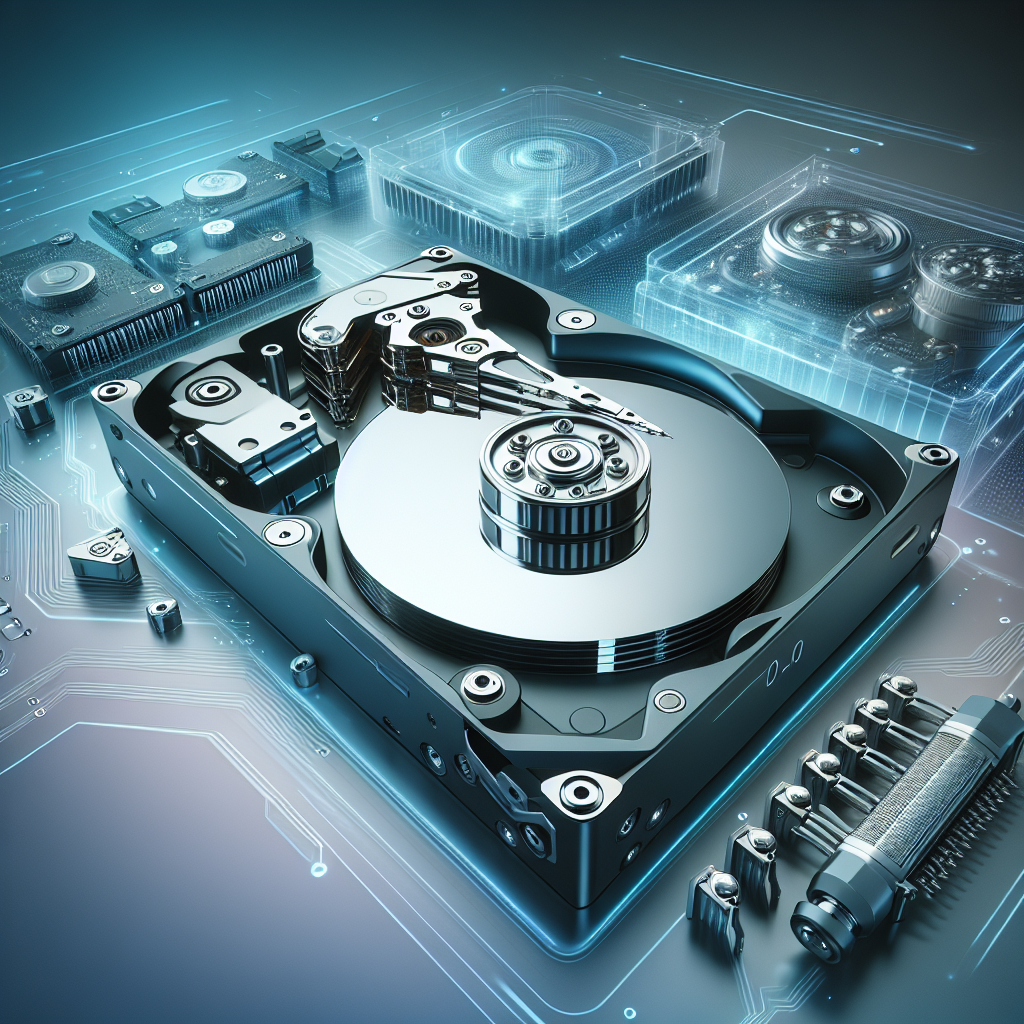In today’s digital age, the amount of data being generated and stored is growing at an exponential rate. From photos and videos to documents and applications, our reliance on digital storage is only increasing. This has led to a constant demand for larger, faster, and more reliable hard drives.
But what does the future hold for hard drive technology? Will traditional hard drives be able to keep up with the demands of tomorrow’s data storage needs, or will new technologies take their place?
One of the most promising advancements in hard drive technology is the development of solid-state drives (SSDs). Unlike traditional hard drives, which use spinning disks to store data, SSDs use flash memory chips to store information. This allows them to be faster, more durable, and more energy-efficient than traditional hard drives. As a result, SSDs have become increasingly popular in recent years, particularly in high-performance computing applications.
Another emerging technology in the world of hard drives is shingled magnetic recording (SMR). This technology allows for higher data densities on traditional magnetic hard drives by overlapping the tracks of data on the disk. This means that more data can be stored on the same physical space, leading to larger capacity hard drives without the need for more physical disks.
In addition to SSDs and SMR technology, researchers are also exploring the potential of heat-assisted magnetic recording (HAMR) and microwave-assisted magnetic recording (MAMR) technologies. These technologies use heat or microwave energy to assist in writing data to the magnetic disk, allowing for even higher data densities and capacities.
Despite these advancements, traditional hard drives are still likely to have a place in the future of data storage. While SSDs offer faster speeds and greater durability, traditional hard drives are still more cost-effective for storing large amounts of data. As a result, we may see a hybrid approach to data storage in the future, with SSDs being used for high-performance applications and traditional hard drives being used for bulk storage.
Overall, the future of hard drive technology is bright. With advancements in SSDs, SMR, HAMR, and MAMR technologies, we can expect to see even larger, faster, and more reliable hard drives in the years to come. Whether you’re a casual user or a data center manager, these advancements will undoubtedly have a positive impact on how we store and access our data in the future.


Leave a Reply